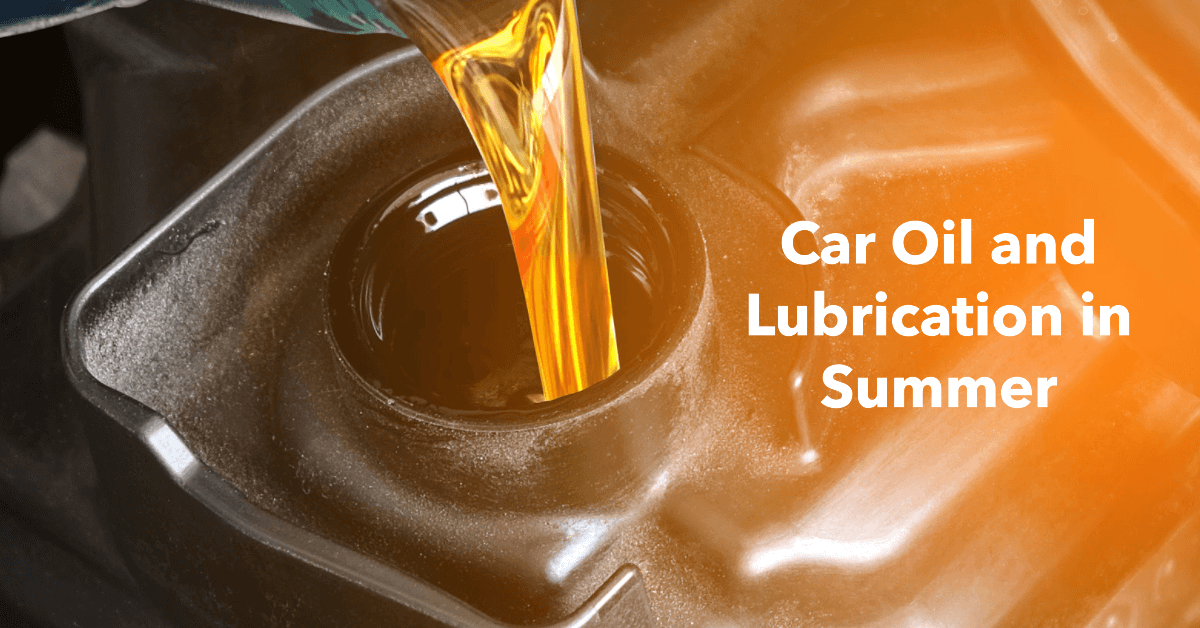Though combustion engines have evolved considerably over the years, they are still not quite capable of turning chemical energy into mechanical power efficiently. Up to 70% of the energy is lost in the form of heat in an internal combustion engine that works optimally, while upwards of 88% is wasted in a faltering one.
Table of Contents
Reasons For Engine Overheating
To dissipate heat and keep the engine at operational temperatures, every vehicle has a cooling mechanism in place. If the cooling system isn’t able to effectively remove the heat,
or the temperatures are just too much to compensate for, the engine may not be able to function properly. An overheating engine is a good indication that your car is in dire need of reconditioning and servicing.
Malfunctioning Thermostat
Located between the engine and the radiator the thermostat is a vital component in the cooling system of a car. Its main function is to cease the flow of coolant fluid once the engine has warmed up,
helping your car reach operating temperature faster. However, In the case of a broken thermostat, the valve may not open to let the coolant do its job, resulting in the engine rising well above the operational temperature.
A Broken Radiator Fan
A broken radiator fan is something easily diagnosed in an overheating engine. If your car overheats when idling, but goes back to normal temperatures, once you speed up, it’s most likely due to a fault with the radiator fan.
Under normal conditions, the coolant spreads over a large area to cool it down. Further, fans cool the engine in tandem. So, when you’re driving, the passing wind is enough to cool the engine. However, when your car is idling,
the radiator fan needs to kick in, in order to help cool down the coolant. If the fan isn’t in working order, the engine will continue to heat until some air flows over it.
The possible reasons for a radiator fan going wrong may include physical damage from detritus, failed motors, electrical issues, etc.
Low Or Old Coolant
By far the most common reason for a car engine overheating is low or contaminated coolant. The coolant is the main agent, fanning out cool air across the engine.
If the coolant is not sufficient, effective cooling of the engine will not be possible. And if the coolant is spoiled, it won’t work as effectively, and may not be able to absorb as much heat it used to.
Damaged Radiator
The radiator is the component responsible for recooling the coolant fluid once it comes back in. If the radiator happens to be damaged, the coolant will not be able to cool down and may get old and contaminated quicker than expected.
Radiators can be broken due to a number of reasons, from physical damage to normal wear and tear.
Damaged Water Pump
The coolant is more than just a cooling fluid, it also mixes water and antifreeze to be able to bring the temperatures down in the engine. It is pushed into the system with the help of a water pump, and any problem with this water pump can mean improper and ill-timed circulation of the fluid.
Prevent Car From Overheating
A little bit of vigilance and a few simple manual inspections can help you cordon off great deals of hefty bills of car repair.
Checking Coolant levels
As coolant levels directly influence the engine temperature it is a good practice to regularly check your car for coolant levels. One can check for this fluid by looking inside the radiator or the coolant reservoir. Assess if the coolant and water levels are appropriately balanced.
This is by far the easiest preventive measure you can take to keep your car from overheating as washed-out coolant levels are one of the most common reasons for an overheating engine.
Note- Do not check for the coolant levels when the car is overheating, wait for the engine to cool down before you open the radiator.
Keep A Check On the Temperature Gauge
This is another effortless measure on your part that can pay dividends if the car is overheating when idle. You should always keep an eye on the temperature gauge if you sense any anomaly with the temperature of your vehicle.
In case the temperature rises beyond the normal levels it is advised to get your car checked up. This is especially helpful in long drives, as the engine can get critically pent up with the heat on long trips.
However this doesn’t always translate to compromising the engine’s health as several other factors are also at play on a long journey like time of the day, area, weather, etc.
Checking For Overheating If AC Is On
If you start to feel the heat rising in the engine but cannot really stop in the middle of the road, it might be a smart idea to turn off the AC to turn the heat down (Yes that makes sense).
The AC uses is a significant amount of power from the engine after the battery is turned off, so turning it off can help take a huge load off your engine.
This will decrease the heat to a level operating temperature for quite a while. One other easy cool-down trick you can apply is pulling the windows down. This will naturally let the heat out of the engine and also let the cabin cool.
Timely Radiator Flushing
Depleted coolant fluid is not the only problem in a cooling system. Old dirty fluid can also result in suboptimal cooling performance.
The Flushing process involves draining out the old, dirty fluid, cleaning the lines, and refilling the system with fresh coolant. Coolant top-up is recommended every 3-4 months which does not become another chore as the period corresponds with the regular periodic car service.
Checking For Coolant Leak
Coolant is the main fluid responsible for bringing down the rising temperature of your car, so it only makes sense to keep an eye out for anything that may deplete this vital resource in your car.
If your car is overheating despite having a full coolant level, you would be remiss to not check for any leaks. We recommend getting your car’s cooling system leaks fixed immediately as it is a squander of both money and resources
Checking Radiator Cap For Damage
Interestingly enough, this little cap’s place in the radiator also makes a difference in cooling outcomes. If the radiator cap is not fastened properly,
it can create a significant difference in how the pressure liquid is circulated in the engine. One other reason why you may want to check for this cap is that it has a spring holding it in place which tires with time.
So you should get a cap replaced as and when you notice it to maintain the top-notch performance of your cooling system.
An overheating engine is a serious issue that shouldn’t be made light of and while it is highly recommended to seek expert assistance, this guide should be helpful in diagnosing the reasons for your overheating engine
if you’ve just begun to notice these symptoms or cannot find assistance at the moment. If you need any help with your car don’t hesitate to reach out to us.




